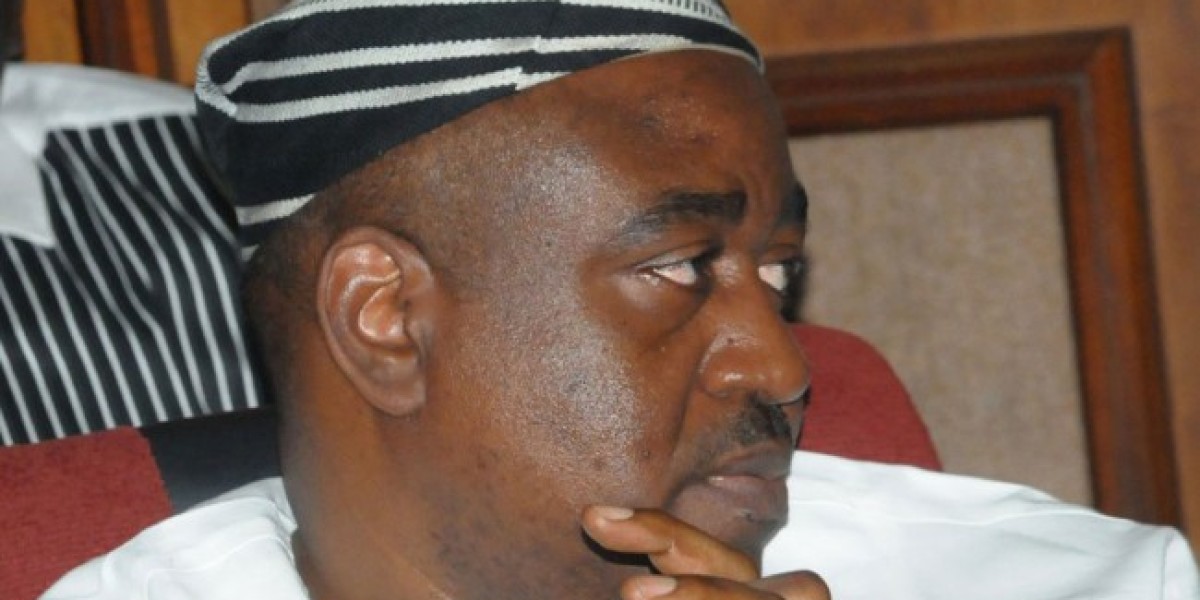In an ongoing trial involving former Benue State Governor Gabriel Suswam, a witness has come forward with detailed testimony about the alleged delivery of $15.8 million in cash to the governor's residence. The case revolves around the misappropriation of ₦3.1 billion during Suswam's tenure as governor.
The Witness's Testimony
In a Federal High Court hearing, a key prosecution witness, who had direct involvement in the transactions, testified about their role in delivering the large sum of money. According to the witness, the cash delivery took place at Suswam's personal residence in Abuja. The witness claimed that the money was handed over in multiple installments over a specific period, adding a significant weight to the case against the former governor.
The funds, according to prosecutors, were part of a larger sum allegedly siphoned from the Benue State treasury between 2013 and 2015. This period aligns with Suswam's tenure as governor. The prosecution claims that these funds were meant for projects aimed at developing the state but were instead diverted for personal use.
Timeline of Events
The witness, who previously worked with the Benue State government, recounted that the deliveries were made discreetly to the governor’s residence. The cash was allegedly wrapped and handed over to Suswam personally, further implicating him in the alleged fraud scheme.
This testimony forms part of a broader case in which Suswam is being tried alongside his former Commissioner for Finance, Omodachi Okolobia. Both are facing multiple charges related to the mismanagement of public funds, money laundering, and conspiracy to embezzle state funds.
Implications of the Case
This case continues to draw significant attention due to the high-profile nature of the individuals involved and the staggering sums of money in question. Prosecutors are working to build a comprehensive case that outlines a pattern of misappropriation of funds during Suswam’s time in office.
If found guilty, Suswam and his associates could face severe legal consequences, including significant jail time, fines, and restitution of the stolen funds.
Conclusion
The ongoing trial is a reminder of the continuous efforts to address corruption in Nigerian politics, particularly in cases involving public officials who are entrusted with the responsibility of managing large sums of public money. As more witnesses come forward and additional evidence is presented, the case against Suswam may take on new dimensions.
Both sides await further developments, with the defense set to respond to the latest testimony in future court sessions.



